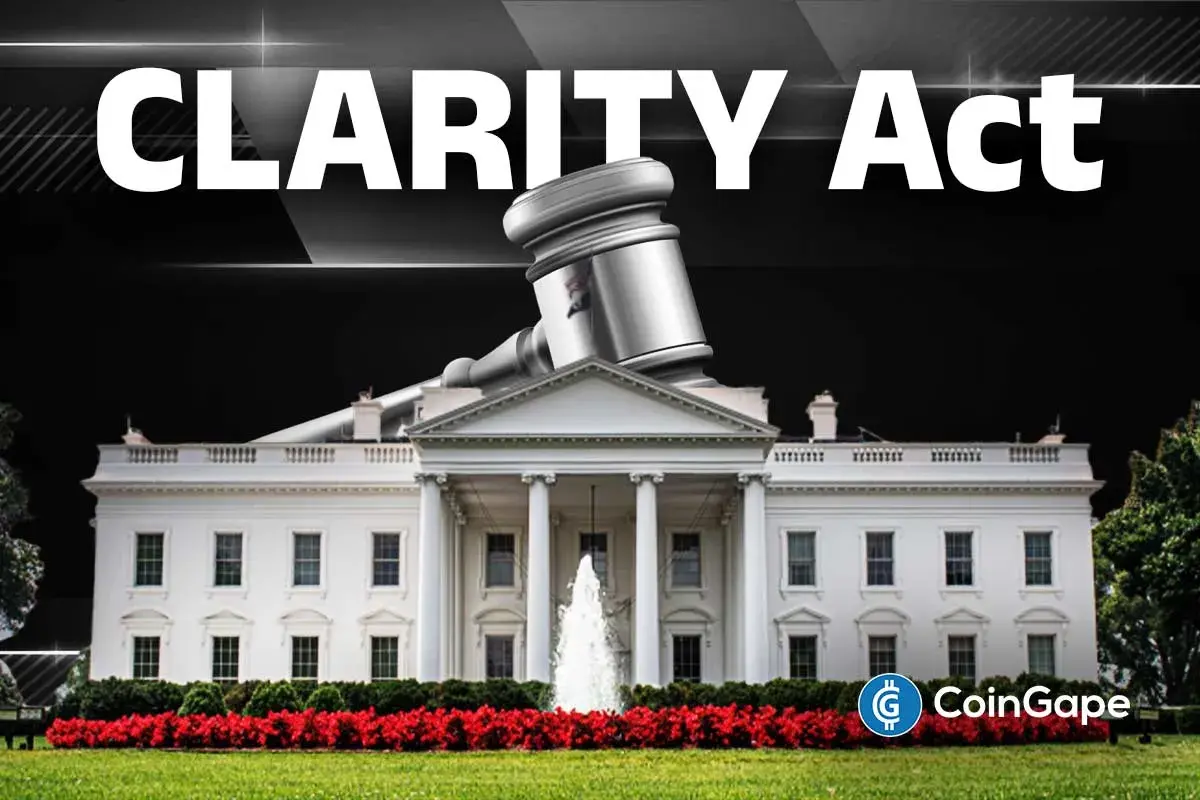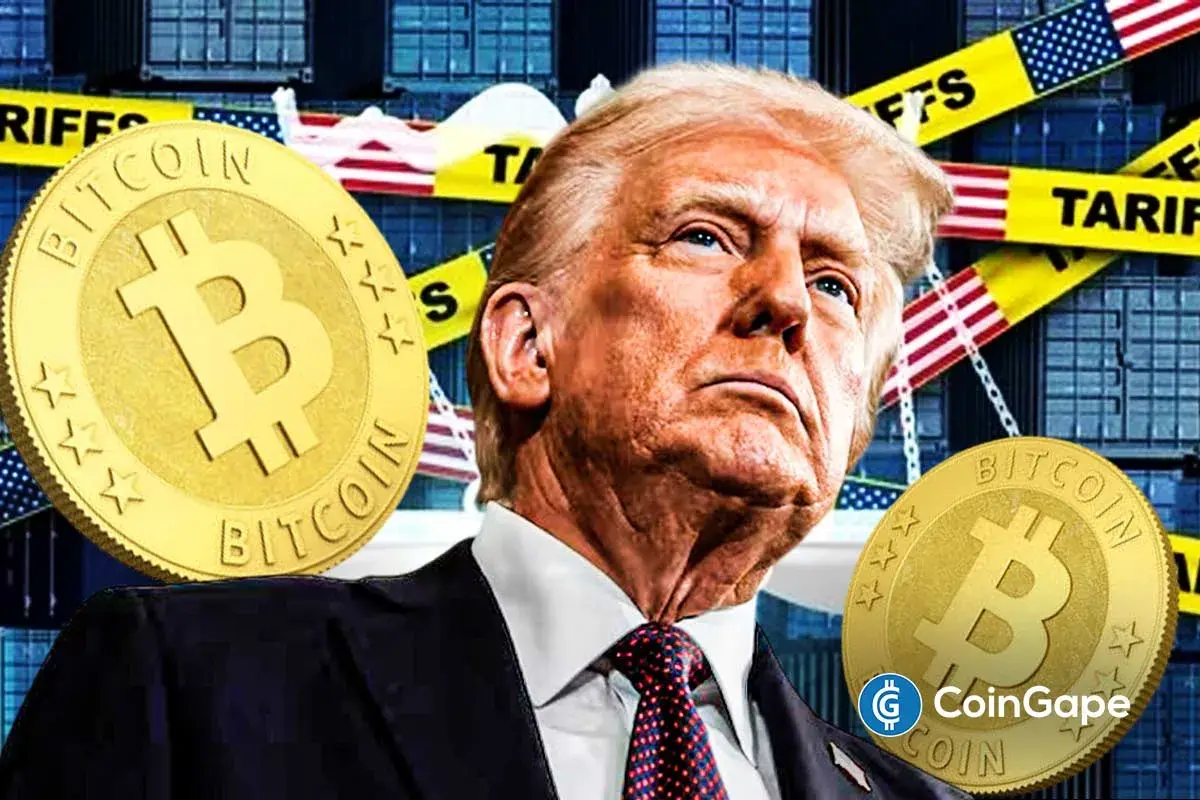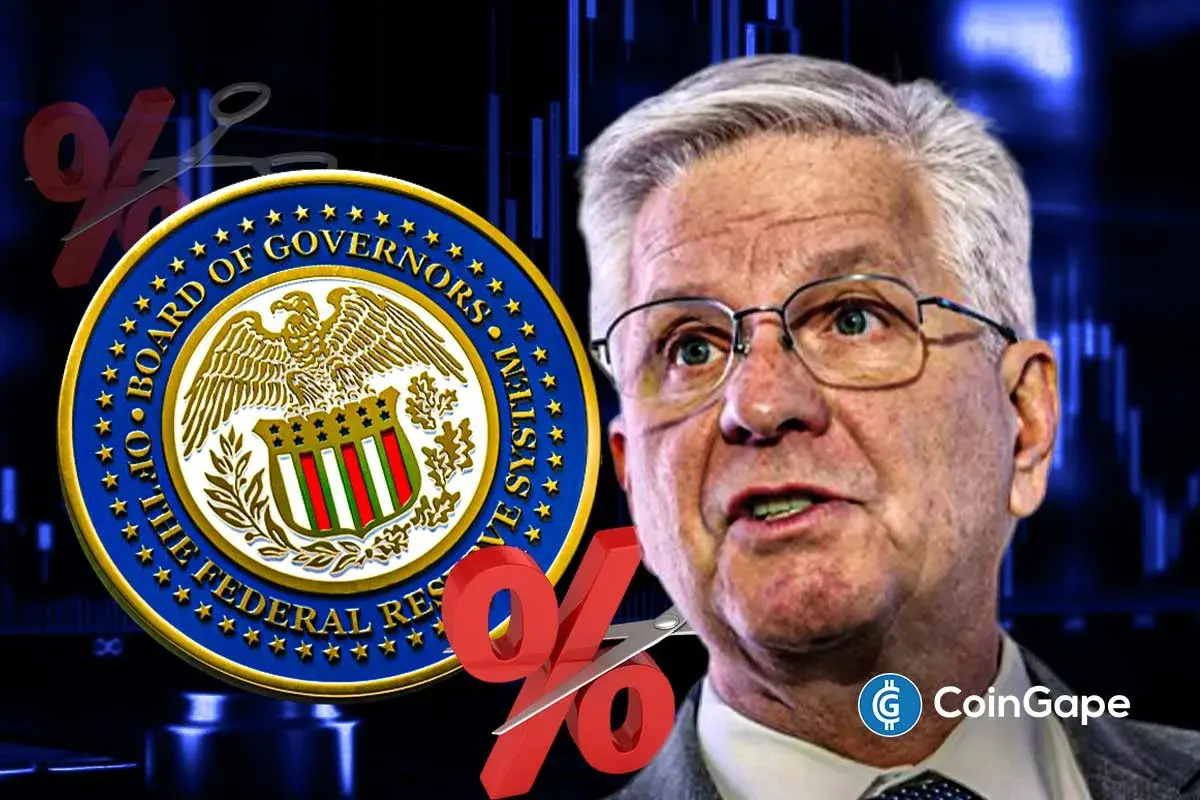South Korea Announces Crackdown On Crypto Crimes With Investigative Unit

Highlights
- South Korea's Ministry of Justice and Ministry of the Interior and Security to discuss promoting the Joint Virtual Asset Crime Investigation Unit to an official department.
- Increase in crypto-related criminal activities prompts the implementation of stricter regulatory measures, including life sentences for market manipulation.
- Political parties in South Korea emphasize crypto-related policies ahead of parliamentary elections, proposing differing approaches to regulate digital assets.
South Korea is taking proactive measures to address the surge in crypto-related crimes and fraud cases by considering the elevation of its Joint Virtual Asset Crime Investigation Unit to an official department. The Ministry of Justice and Ministry of the Interior and Security are poised to commence discussions in early May regarding this transition.
Currently operating as a temporary agency under the Seoul Southern District Prosecutor’s Office, the unit faces the possibility of being disbanded. The proposed promotion aims to solidify the unit’s status and enhance its operational effectiveness. This restructuring would facilitate the appointment of new prosecutors and the allocation of dedicated budgetary resources, essential for combating digital asset crimes effectively.
Established in July 2023, the unit comprises approximately 30 experts drawn from seven financial and tax regulatory authorities. Its elevation to an official department signals South Korea’s commitment to combating illicit activities in the crypto sphere and underscores the growing recognition of digital assets as a significant area of law enforcement focus.
Rise in Crypto-Related Criminal Activities Prompts Regulatory Response in South Korea
South Korea is grappling with a notable upsurge in crypto-related criminal activities, prompting swift regulatory action from the government. In 2023 alone, local crypto companies reported a staggering 16,076 suspicious transactions, marking a 49% increase from the previous year. In response to these challenges, South Korea is set to implement its first comprehensive crypto regulation on July 19.
This landmark regulation is designed to address various concerns, including market manipulation and investor protection. Notably, the new regulatory framework imposes stricter criminal penalties for those found guilty of manipulating the crypto market, with certain offenses carrying the possibility of life sentences.
Also Read: Spot Bitcoin ETF Coming to Australia’s Stock Market by End of 2024
Crypto Policies Take Center Stage in South Korea’s Upcoming Parliamentary Election
As South Korea gears up for its upcoming parliamentary election, crypto-related policies have emerged as a pivotal issue shaping political discourse. With competing visions for the regulation of digital assets, major political parties are vying for the support of the electorate. President Yoon Suk Yeol’s People Power Party has pledged to delay the implementation of a digital-asset tax, a move aimed at garnering support from the burgeoning crypto investor community.
In contrast, the opposition Democratic Party has promised to lift restrictions on exchange-traded funds (ETFs), including those linked to US Bitcoin products. These divergent policy proposals reflect contrasting approaches to regulating digital assets and highlight the complex interplay between technological innovation and regulatory frameworks.
Also Read: Crypto Prices Today April 29: Bitcoin At 62K, ETH Dips, XRP & BONK Crash
- Michael Saylor Says Quantum Risk To Bitcoin Is a Decade Away, Describes it as ‘FUD’
- White House Proposes Stablecoin Rewards Compromise as CLARITY Act Odds Drop to 44%
- Trump’s Board Of Peace Eyes Dollar-Backed Stablecoin For Gaza Rebuild
- Trump’s World Liberty Financial Flags ‘Coordinated Attack’ as USD1 Stablecoin Briefly Depegs
- Trump Tariffs: U.S. Threatens Higher Tariffs After Supreme Court Ruling, BTC Price Falls
- COIN Stock Risks Crashing to $100 as Odds of US Striking Iran Jump
- MSTR Stock Price Predictions As Michael Saylor’s Strategy Makes 100th BTC Purchase
- Top 3 Meme Coins Price Prediction As BTC Crashes Below $67k
- Top 4 Reasons Why Bitcoin Price Will Crash to $60k This Week
- COIN Stock Price Prediction: Will Coinbase Crash or Rally in Feb 2026?
- Shiba Inu Price Feb 2026: Will SHIB Rise Soon?
















